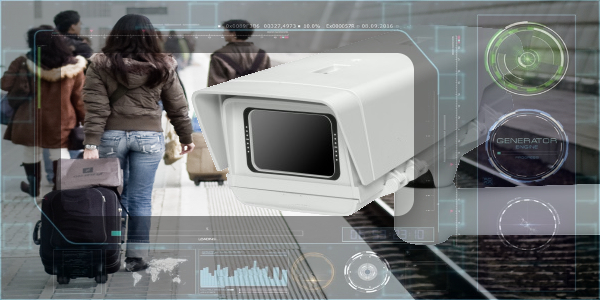
At present, integrations are difficult to implement. More partner community involvement is required for developing the Software Development Kit or SDK necessary for integrations and installation.
Another aspect that AI would play a major part in is going to be the analysis of the massive amount of data that is collected by the security system. If you consider the amount of data that is being collected by the device sensors, it is difficult to make heads or tails of data at present and this is where AI will come into the picture.
AI itself is a technology that has gained a lot of momentum in quite a few sectors. You might have heard about it’s usage in the retail sector. AI has also found usage in the gaming sector. It is still coming up in several other sectors. AI makes things more accessible. AI would also drive other technologies.
The major hurdle in the implementation of AI in surveillance system is not the computation power, although a few years back it would have been so. The bigger challenge in terms of architecture and infrastructure is to secure the data. When you can access the data over the internet, there are possibilities of others hacking into the system and accessing the data. So the focus now should be on how to secure the data and advancements in cyber security would be a major factor in the adoption of AI in security systems.
